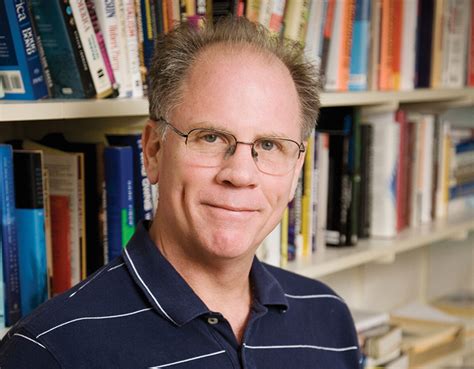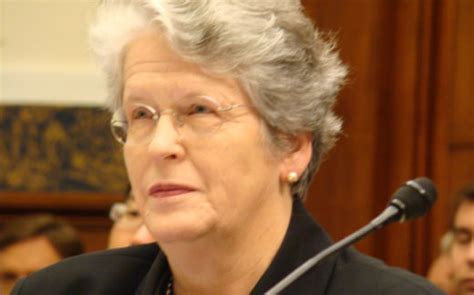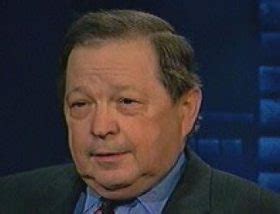A Quote by Donald Rumsfeld
It's a difficult thing today to be informed about our government even without all the secrecy.
Related Quotes
The whole question of pornography seems to me a question of secrecy. Without secrecy there would be no pornography. But secrecy and modesty are two utterly different things. Secrecy has always an element of fear in it, amounting very often to hate. Modesty is gentle and reserved. Today, modesty is thrown to the winds, even in the presence of the grey guardians. But secrecy is hugged, being a vice in itself. And the attitude of the grey ones is: Dear young ladies, you may abandon all modesty, so long as you hug your dirty little secret.
This morning we were notified about the horrible news of the series of terrorist attacks in the United States, that have left a great trail of destruction. Mexico expresses its condolences to the Government and the American people for the irreparable human losses. We also express our energetic condemnation to these attacks. I have informed President George Bush of our feelings of sorrow and our solidarity in such difficult moments.
Where would we in Washington and we in America be without the Center? We would know much less about the workings of our Congress, and our tax dollars. We would know much less about the powers of the Executive, and its ability to hide wrong doing behind secrecy and classification. The Center takes the notion of integrity very seriously, and its investigations are a model for today's good journalism and, we all hope, an inspiration for the mainstream press to do more.
The very word "secrecy" is repugnant in a free and open society; and we are as a people inherently and historically opposed to secret societies, to secret oaths and to secret proceedings. We decided long ago that the dangers of excessive and unwarranted concealment of pertinent facts far outweighed the dangers which are cited to justify it. Even today, there is little value in opposing the threat of a closed society by imitating its arbitrary restrictions. Even today, there is little value in insuring the survival of our nation if our traditions do not survive with it.
Society really seems to have developed an unquestioning obedience towards spooky types… Did we get to where we are today via a slippery slope that was entirely within our control to stop? Or was it a relatively instantaneous sea change that sneaked in undetected because of pervasive government secrecy?
The federal government, state governments will not do without that tax revenue from tobacco no matter what. I've always thought it was one of the most contradictory setups that we have, because everything said publicly about the product is intended to besmirch it, impugn it, and do the same thing to the people that use it. And yet here's the government scoring, I mean, you want to talk about obscene profits, the government doesn't do a damn thing but stick its hand in. The government taxes tobacco at every stage. It taxes tobacco when the farmer's thinking about planting it.
Thomas Jefferson despised newspapers, with considerable justification. They printed libels and slanders about him that persist to the present day. Yet he famously said that if he had to choose between government without newspapers and newspapers without government, he would cheerfully choose to live in a land with newspapers (even not very good ones) and no government.































